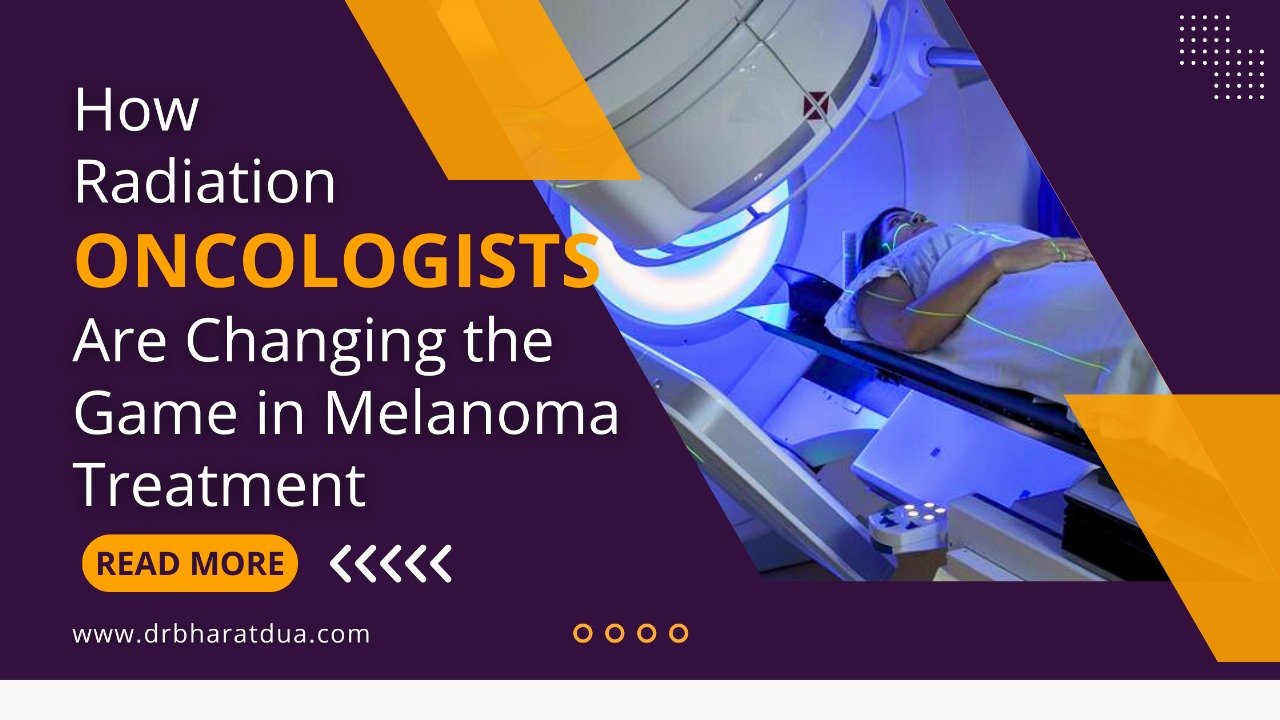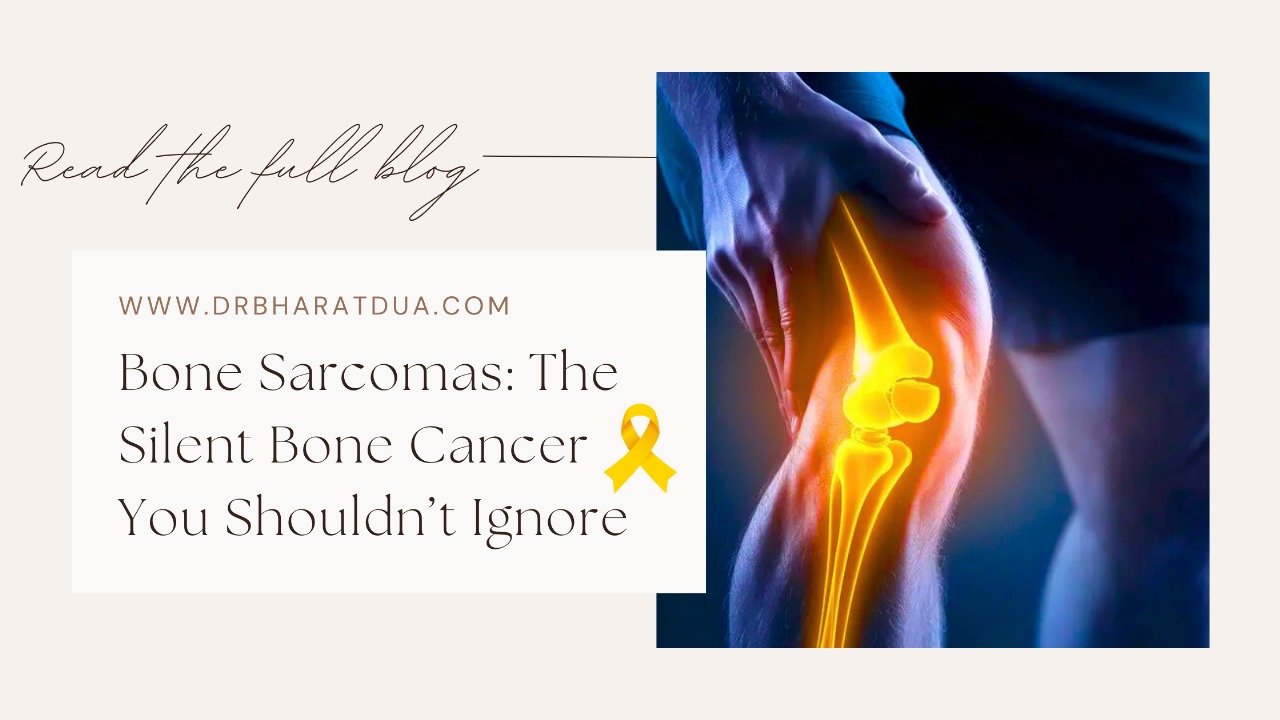Understanding Kidney Cancer: Causes, Symptoms, and Diagnosis
Kidney cancer starts when abnormal cells in the kidneys grow uncontrollably. Most cases are renal cell carcinoma, accounting for nearly 90% of diagnoses.
Common Risk Factors
-
Smoking
-
Obesity
-
High blood pressure
-
Family history of kidney cancer
-
Chronic kidney disease
Symptoms often don’t appear until later stages. When present, they may include:
-
Blood in the urine
-
Persistent back or side pain
-
Unexplained weight loss
-
Fatigue
-
A lump in the abdomen
Diagnostic Methods
-
Imaging: CT scans, MRIS, and ultrasounds help identify tumours.
-
Biopsy: A small tissue sample is examined under a microscope.
-
Blood and urine tests: Assess kidney function and rule out infections.
Early detection plays a critical role in treatment success. When diagnosed early, kidney cancer is highly treatable. For advanced cases, specialists develop targeted strategies, often including radiation therapy.
The Role of Radiation Oncologists in Treating Kidney Cancer
Radiation oncologists specialise in using high-energy beams to destroy cancer cells. Best Radiation Oncologist in Gurugram. While surgery is the primary treatment for many kidney tumours, radiation therapy is essential for patients who can't undergo surgery or need additional treatment.
Key Responsibilities
-
Planning individualised treatment strategies
-
Coordinating with urologists and medical oncologists
-
Monitoring treatment progress and adjusting dosages
-
Managing side effects and supporting patient well-being
Radiation oncologists assess tumour size, location, and patient health to select the most effective therapy. In some cases, they provide palliative care to ease symptoms like pain or bleeding.
These specialists help bridge gaps in care, offering options to patients who are not surgical candidates. Their role continues post-treatment through follow-ups and management of long-term effects.
Types of Radiation Therapy Used for Kidney Cancer
Stereotactic Body Radiation Therapy (SBRT)
SBRT delivers high doses of radiation with pinpoint accuracy. It’s typically used for small tumours or metastatic lesions in the lungs, bones, or brain.
Benefits
-
Outpatient procedure
-
Fewer sessions needed (often 1–5)
-
Minimal damage to healthy tissue
SBRT is particularly helpful for patients with inoperable tumours or those with multiple health issues that prevent surgery. It’s also being used in clinical trials as an alternative to surgery in early-stage kidney cancer.
External Beam Radiation Therapy (EBRT)
EBRT uses a linear accelerator to direct radiation at the tumour from outside the body.
When It’s Used
-
For symptom relief in advanced cases
-
When cancer spreads to other organs
-
As part of a comprehensive care plan
Side effects may include skin irritation, fatigue, and nausea. Radiation oncologists adjust techniques to minimise discomfort and enhance treatment precision.
Recovery and Follow-Up After Radiation Treatment
Radiation therapy typically has a shorter recovery time than surgery. However, patients may experience fatigue and temporary discomfort.
Post-Treatment Care
-
Regular imaging to monitor for recurrence
-
Blood tests to check kidney function
-
Nutritional support and hydration
-
Physical activity to regain strength
Most patients return to their daily routines within weeks. Ongoing follow-up appointments ensure that any complications are caught early. Best Radiation Oncologist in Gurugram Radiation oncologists collaborate with dietitians, primary care providers, and specialists to support long-term health.
Support groups and counselling also play a role in emotional recovery. Patients are encouraged to maintain a healthy lifestyle to reduce recurrence risk.
(FAQ)
Q1: Is radiation therapy safe for kidney cancer?
A1:Yes. Modern techniques like SBRT and EBRT are precise and minimise damage to healthy tissue.
Q2: How long does radiation therapy take?
A2: SBRT can be completed in 1–5 sessions, while EBRT may require several weeks.
Q3: What are the side effects?
A3: Common effects include fatigue, nausea, and localised skin changes. These usually resolve after treatment ends.
Q4: Can radiation therapy cure kidney cancer?
A4 It can help control localised tumours and relieve symptoms, but is rarely used as a standalone cure unless surgery isn't an option.
Q5: How is radiation therapy different from chemotherapy?
A5: Radiation targets a specific area, while chemotherapy works systemically. Kidney cancer often doesn’t respond well to chemotherapy, making radiation a better fit in some cases.
Conclusion
Radiation oncologists play a vital role in the kidney cancer journey—from diagnosis and treatment to recovery. Their expertise allows patients to access non-surgical treatment options that are effective, targeted, and safe.


 Discover how radiation oncologists are advancing melanoma treatment with targeted radiation, modern tech, and powerful therapy combinations.
Discover how radiation oncologists are advancing melanoma treatment with targeted radiation, modern tech, and powerful therapy combinations. Discover everything about bone sarcomas, from symptoms and causes to diagnosis, treatment, and survival rates. Know the early signs to act early.
Discover everything about bone sarcomas, from symptoms and causes to diagnosis, treatment, and survival rates. Know the early signs to act early.